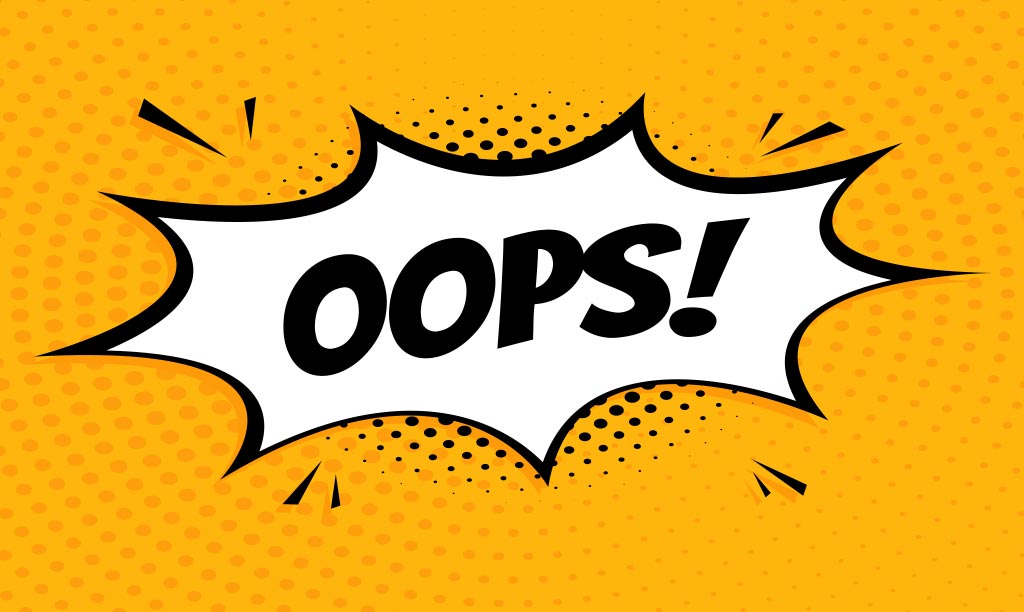Senior VAT staff are under immense pressure to build a sustainable and growing pipeline. Unlike almost all other accountancy departments, specialist VAT advice does not usually have a regular, repeating revenue stream. This means that senior members of the VAT department must be constantly working on business development. Either nurturing existing relationships, educating, persuading and closing new clients, or trawling through audits looking for opportunities that may or may not be present. This is incredibly labour intensive, especially as the nature of VAT means that clients are often unaware of the VAT implications and need to be educated before they can even make a buying decision. Typically, when accountancy firms approach The VAT Team, their senior staff are approaching 80% billable and the organisation is starting to suffer. Whilst high billable hours for partners may help to manage client VAT demand in the short term, it is preventing business development and profitability.
Why does VAT need a different approach?
In any buying cycle, the potential for commitment and purchase increases as consumers move through the stages. Not all consumers that become aware of a need will ultimately move through to purchase, some will satisfy that need in-house, or discover a workaround, some will reach provider consideration and find no options provide them with acceptable return on their investment and some will even drop out at the contract stage, just before purchase. With potential for customer loss at each stage, it stands to reason, that the further along the buying cycle customers are at the point of engagement, the greater the chance of success and ROI potential.
A typical buying cycle has five stages:
- Awareness if need
- Decision to satisfy need
- Provider consideration
- Preference of provider
- Purchase
Take audit for example, all customers should be aware of the need for audit, they have no option but to satisfy that need via a paid, third-party service. Almost all audit clients therefore will automatically be engaging with accountancy firms at the provider consideration stage, allowing the audit department to invest less time and resources in the first two, precarious educational stages. It is apparent that the VAT department will be forced to take a different approach and in contrast spend most of their pipeline development effort working in the high risk, first stages.
Many organisations aren’t aware of the transactions that will require specialist VAT advice. Senior members of the VAT department need to invest significant time producing educational content, cold contacting, hosting surgeries, providing industry specific content and examining existing client accounts for advice opportunities that may or may not be there. Once they identify the need, they still need to educate, persuade and ultimately win the business.
Practical problems, practical solutions
When demand peaks in the VAT department, which due to the inherent unpredictability of VAT it often does, senior staff face a choice. They must either turn the extra work away and continue to move their live prospects through the sales cycle, or switch their focus to client work and jeopardise their pipeline progress. The high percentage of billable hours worked by senior VAT staff shows which option is often chosen. This is unsurprising. Pressures from other departments often force the hand as a firm is unlikely to tolerate a lucrative audit client being turned away, opening the door for a competitor.
The VAT department takes on the long term suffering as any interruption in the sales process is likely to relate in a lost opportunity and many hours of effort wasted. This situation occurs all too regularly for VAT departments. Senior staff report:
- industry round tables
- half executed campaigns
- relationships stalled after the initial outreach.
If the work has been done to identify the need and spur action, but the team haven’t been available to present a solution or complete the work, the client will defect at the provider consideration stage and another firm will reap the benefit. The interruptions in demand generation stretch beyond the time it takes to complete the client work. The opportunity cannot be picked up where it was left, the VAT staff will have to start again.
It is clear there is an economy of scale to demand generation. Quality, effective demand generation needs to be meticulously planned, executed and reviewed. Significant, predictable, blocks of time will therefore yield superior ROI. This seems impossible given the current VAT set-up and conflicting intra-departmental pressures. For many firms unpredictable VAT demand has become a self-fulfilling prophecy. The peaks of demand pull focus from pipeline generation and create the subsequent troughs, which free sufficient capacity for demand generation and therefore create the next peak. The longer this goes on, the more unstable and pronounced this becomes, resulting in burnout, poor ROI, departmental tension, and ultimately poor customer experience.
This doesn’t have to be the case. Outsourcing could offer the key to flex the demands of peak and trough output. Senior VAT staff can reduce their billable hours to the desired, consistent level, allowing them to dedicate a predictable portion of their resources to demand generation and long term, sustainable growth.
Get in touch today about our consultancy support






























